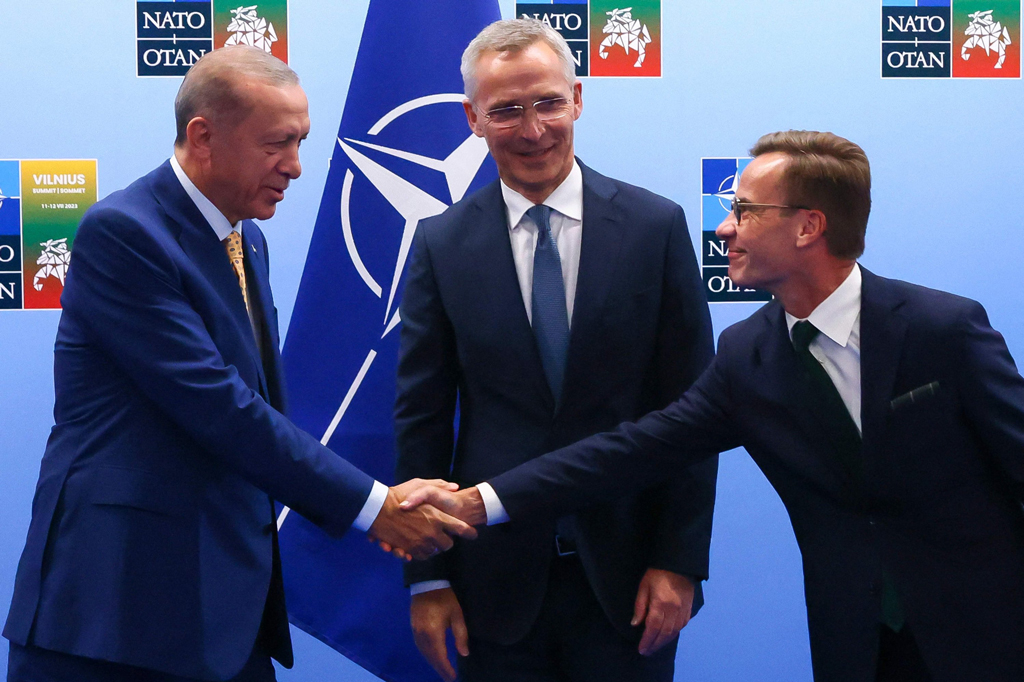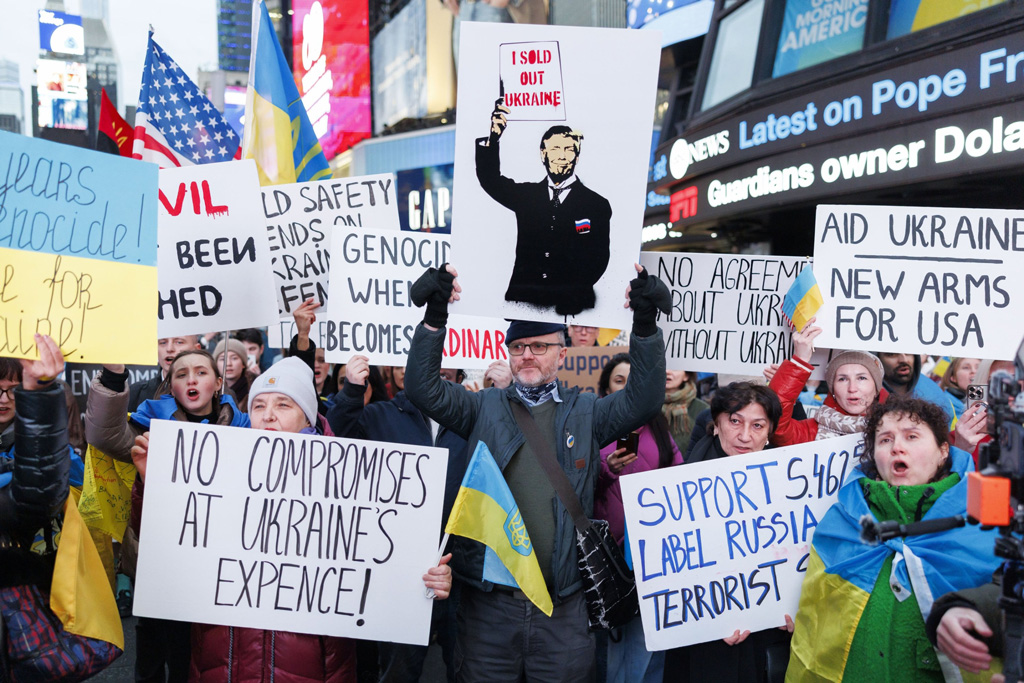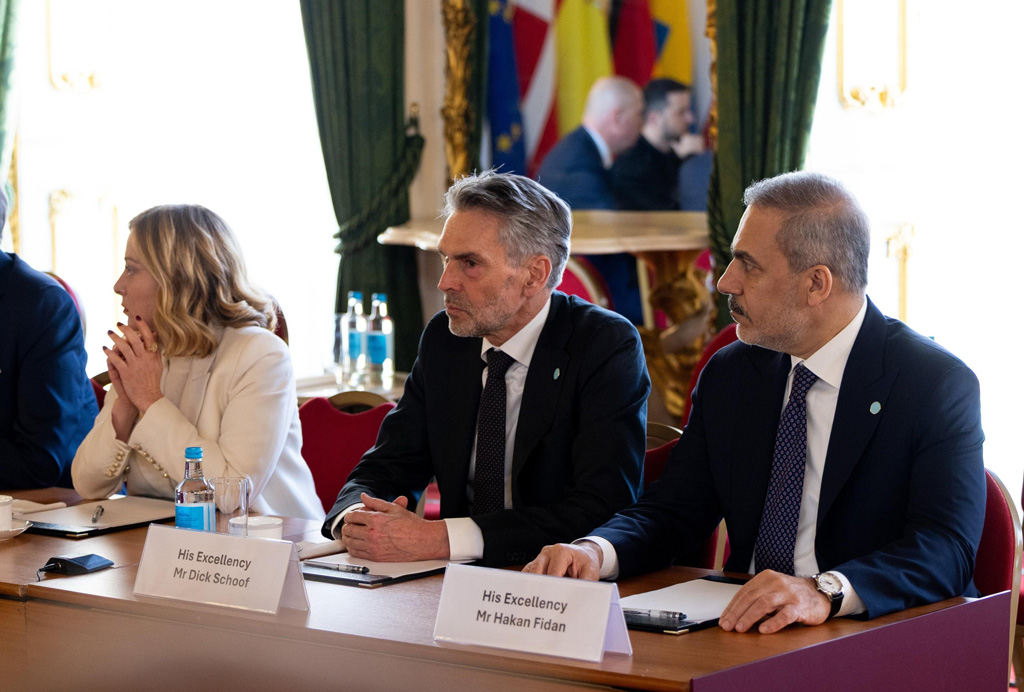
Vilnius summit: Turning point in Türkiye-West relations?
Türkiye and its Western allies within the NATO alliance have been passing through a tense period due to the implications of the Russian-Ukrainian War that erupted in February 2022. After Russia's invasion of Ukraine, the European countries close to Russia have perceived a threat from Moscow. Therefore, large-scale measures were taken by these countries and their allies in the West. Within this context, the NATO alliance and its enlargement policy have come to prominence.
Share
Türkiye and its Western allies within the NATO alliance have been passing through a tense period due to the implications of the Russian-Ukrainian War that erupted in February 2022. After Russia's invasion of Ukraine, the European countries close to Russia have perceived a threat from Moscow. Therefore, large-scale measures were taken by these countries and their allies in the West. Within this context, the NATO alliance and its enlargement policy have come to prominence.
Two northern European countries, namely Finland and Sweden, have declared to become members of the alliance. The membership process of these two countries has been quite problematic mainly due to the differing perspectives of the member states. The most important challenge has come from Türkiye, which claimed that the two candidate countries are not sensitive to the national security of Türkiye. Accordingly, Ankara has put some conditions for these two countries.
As a reaction to Türkiye’s move, most Western countries have voiced their concerns toward Türkiye and begun to directly and/or indirectly threaten Türkiye for blocking these two countries. Larger Western countries have begun to put conditions on their bilateral relations with Türkiye. For instance, the United States has linked the purchase of F-16 jets with Sweden’s membership bid. However, Türkiye has shown its determination for the protection of its national interests and asked the two candidate states not to support the activities of anti-Turkish terrorist organizations such as the Gülenist Terror Group (FETÖ) and PKK.
Türkiye, Sweden and Finland signed a trilateral agreement at the NATO summit held in Madrid. Türkiye has asked these two countries to take concrete steps for prohibiting the activities of terrorist organizations. Later on, Türkiye considered the steps taken by Finland and lifted its veto. Finland became the 31st member of NATO on April 23 and ended its official neutrality policy.
Since Sweden’s anti-Türkiye policy did not change, Türkiye did not lift its veto for Sweden, which continued to allow anti-Turkish activities within its borders. Although the Swedish government has changed some articles of the Constitution in the struggle against international terrorism, it has not implemented these constitutional changes effectively. Some pro-PKK groups have organized several demonstrations in Stockholm, during which, they have insulted the president of Türkiye.
Going even further, the Swedish government has allowed some racist and anti-Islam persons and groups to insult the sacred symbols of Islam. Not only the Turkish people but also all Muslim peoples around the world were insulted.
With the Turkish-determined policy, many bilateral and multilateral meetings were held to overcome the problem between Türkiye and Sweden. Especially, the mediation of NATO Secretary General Jens Stoltenberg was crucial. The last of these meetings was held one day before the NATO summit in Vilnius. President Recep Tayyip Erdoğan, Stoltenberg and Swedish Prime Minister Ulf Kristersson met in Vilnius to discuss the most recent developments regarding Sweden’s bid.
Tags »
Related Articles
Policy Report
European Sky Shield Initiative | Capacities, Criticisms, and Türkiye’s Contribution
February 2025







